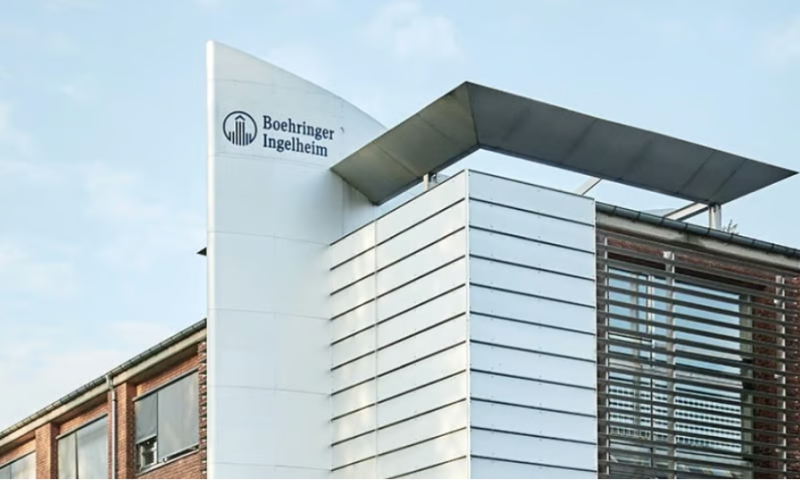Boehringer Ingelheim has spied an opportunity to seize the holy grail of immuno-oncology: turning cold tumors hot. In return for $10 million upfront and up to $471 million milestones, the German drugmaker has tasked Covant Therapeutics with discovering covalent candidates against an emerging cancer target.
The partners are working to develop a small-molecule inhibitor of ADAR1, an RNA editing enzyme that has emerged as a potential immuno-oncology target in recent years. Research suggests that cancer cells may exploit ADAR1 activity to evade immune detection and shows that some tumor types are vulnerable to loss of the enzyme. The idea is that deleting ADAR1 could sensitize tumors to immunotherapy and thereby enable more patients to benefit from highly effective drugs such as checkpoint inhibitors.
“ADAR1 is an exciting immuno-oncology target with significant therapeutic potential,” Lamine Mbow, Boehringer’s global head of cancer immunology and immune modulation, said in a statement. “By partnering with Covant’s exceptional scientific team and powerful platform, we aim to bring next-generation immunotherapies to cancer patients.”
Boehringer’s identification of Covant as a partner to help it pursue the target is based on the biotech’s platform. Using a mix of high-throughput chemoproteomics-based screening in the native setting and structural proteomics, the biotech is working to discover covalent small molecules that emulate how the body regulates proteins. Covant sees the platform as a good fit for challenging targets.
Drugs that form covalent bonds with protein targets have existed for around a century, but, in the early years of the pharma industry, their discovery was typically serendipitous. In recent decades, interest in the rational design of covalent drugs has increased. Covalent drugs have prolonged target engagement that dials up their potency. For example, the blockbuster drugs Imbruvica and Tagrisso are covalent.
The trend has reached new high heights over the past few years as Amgen and Mirati Therapeutics have shown covalent drugs are the key to cracking the “undruggable” KRAS target. With Pfizer using a covalent drug in its COVID-19 antiviral Paxlovid, there is now a body of evidence showing the approach offers a way to get at both protease active sites and seemingly undruggable targets.
Boehringer is well versed in the strengths of covalent drugs—with its approved cancer drug Giotrif and pipeline prospects including BI 1810631 using the approach—and identified Covant as the best way to go after ADAR1. The deal is Boehringer’s second cancer collaboration of the year, coming three months after it partnered with 3T Biosciences to develop immunotherapies.

